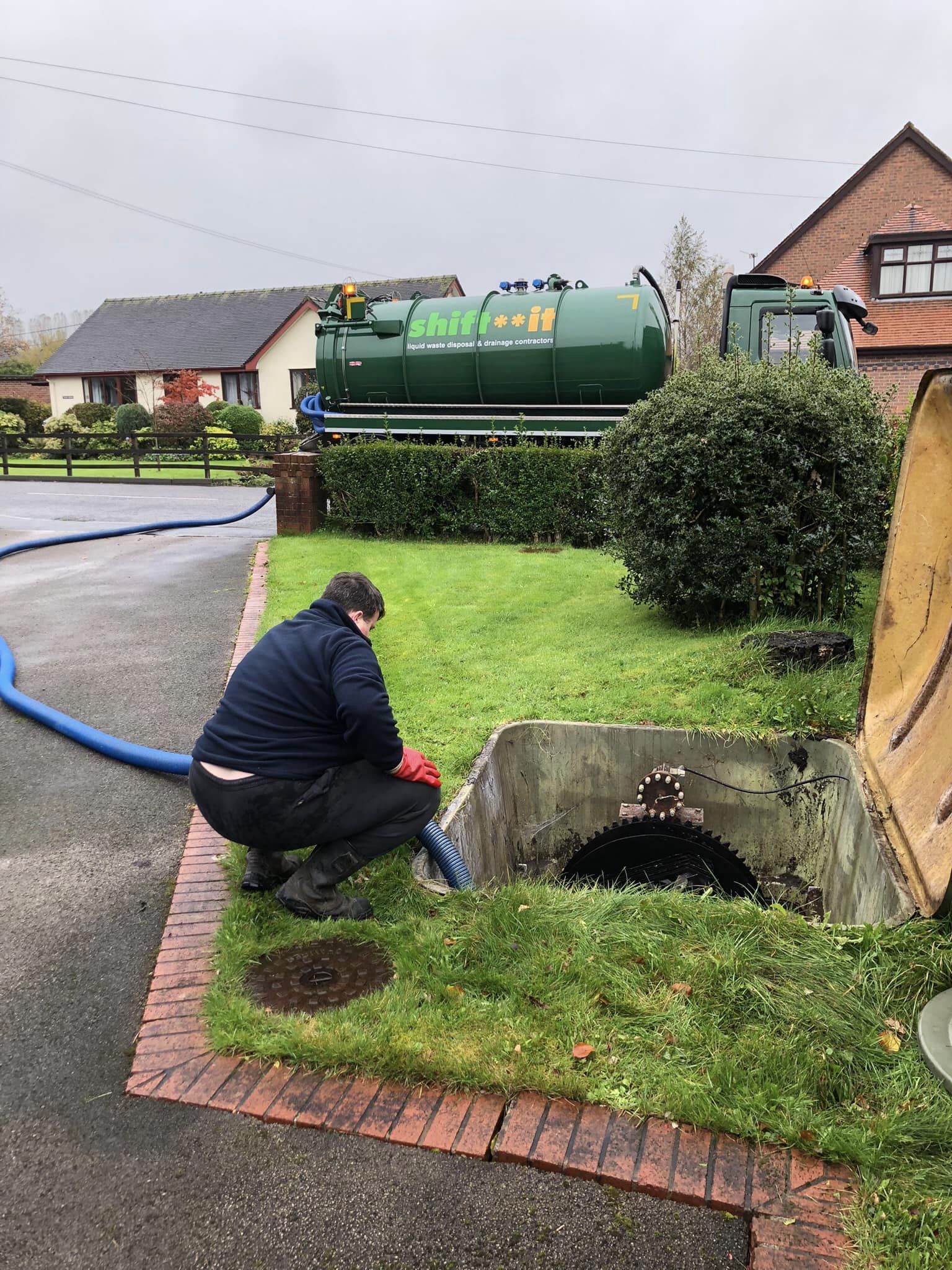domestic sewage treatment plants in Nelson
Welcome to Shift **It, your trusted provider of domestic sewage treatment plant services in Nelson. Domestic sewage treatment plants play a crucial role in ensuring the safe and environmentally friendly disposal of wastewater from residential properties. At Shift **It, we specialise in offering comprehensive solutions for the installation, maintenance, and repair of domestic sewage treatment plants.
Our team of experienced professionals is equipped with the expertise and resources necessary to design and install sewage treatment plants tailored to the specific needs of your home. From compact systems for small households to larger-scale solutions for multi-family residences, Shift **It ensures the optimal performance and efficiency of your sewage treatment plant.
At Shift **It, we prioritise customer satisfaction, environmental responsibility, and regulatory compliance in all our domestic sewage treatment plant services. With our commitment to excellence and reliability, you can trust Shift **It to deliver dependable and cost-effective solutions for the management of domestic wastewater. Experience the Shift **It difference today and ensure the cleanliness and sustainability of your home’s sewage system with our trusted services.


Domestic sewage treatment plants, also known as residential sewage treatment systems or home wastewater treatment plants, are decentralised wastewater treatment systems designed to treat and dispose of wastewater from individual households. These systems are commonly used in rural and suburban areas where connection to centralised sewer systems is not feasible. Here’s an overview of how domestic sewage treatment plants work:
Wastewater Collection: Domestic sewage treatment plants receive wastewater from various sources within the household, including toilets, sinks, showers, baths, and washing machines. Wastewater is collected in a single pipe system and directed to the treatment plant.
Preliminary Treatment: In the preliminary treatment stage, large solids such as debris, hair, and food particles are removed from the wastewater through screens or filters. This helps prevent clogging and protects downstream treatment processes.
Primary Treatment: The wastewater enters a primary treatment tank, also known as a septic tank or settling tank. Here, solids settle to the bottom of the tank, forming sludge, while lighter materials like grease and oils float to the surface, forming scum. The clarified liquid effluent remains in the middle layer.
Biological Treatment: The liquid effluent from the primary treatment tank undergoes further treatment in a biological reactor or aerobic treatment unit. Here, aerobic bacteria break down organic pollutants in the wastewater, reducing its biochemical oxygen demand (BOD) and suspended solids content.
Disinfection (Optional): Some domestic sewage treatment plants include a disinfection step to kill or deactivate harmful pathogens in the treated effluent. Common disinfection methods include chlorination, ultraviolet (UV) disinfection, or ozonation.
Tertiary Treatment (Optional): In some cases, additional treatment processes may be employed to further improve the quality of the treated effluent. Tertiary treatment methods may include filtration, nutrient removal (such as phosphorus or nitrogen removal), or advanced oxidation.
Effluent Discharge or Reuse: The treated effluent is either discharged into the environment, such as a drainage ditch, stream, or groundwater, or reused for non-potable purposes such as irrigation, toilet flushing, or landscaping.
Sludge Management: The sludge collected in the primary treatment tank undergoes anaerobic digestion or dewatering to reduce its volume and stabilise its organic content. The treated sludge is then disposed of in a landfill, applied to agricultural land as fertilizer, or incinerated.
Maintenance: Regular maintenance, including periodic inspection, cleaning, and pumping of the septic tank, is essential to ensure the proper functioning of the domestic sewage treatment plant. Homeowners should follow recommended maintenance schedules and seek professional assistance when needed.
Domestic sewage treatment plants provide an effective and environmentally friendly solution for treating wastewater from individual households. Proper design, installation, use, and maintenance are essential to ensure the effectiveness and longevity of these systems while protecting public health and the environment. Get in touch today to find out more about our domestic sewage treatment plants in Nelson.